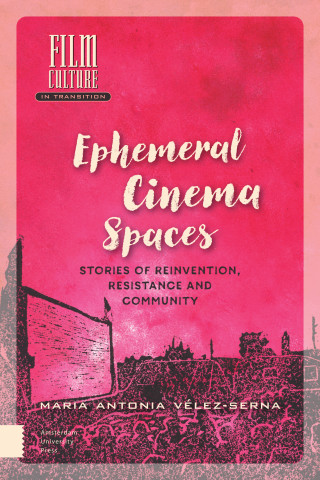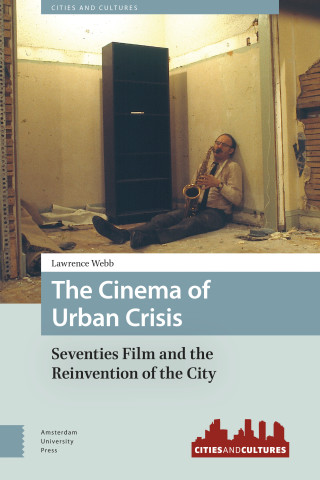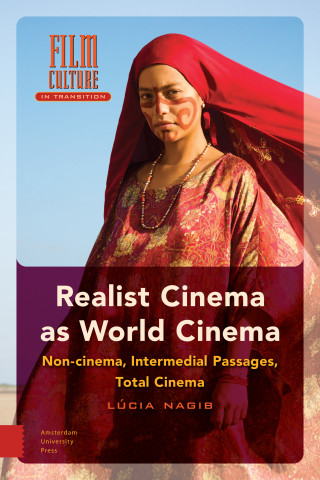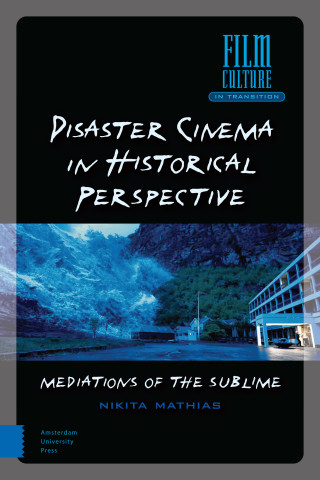Preface: (Re)Building Europe Through Cinema (Studies) - Vinzenz Hediger
Frames of Reconstruction: An Introduction - Lucie Cesalkova, Johannes Praetorius-Rhein, Perrine Val, Paolo Villa
Section 1 Locating Non-Fiction Film
1. Itinerari Italiani: A Visual Information Campaign to Reclaim Italian Regionalisms and Remap US-Italian Economic Interdependence under the Marshall Plan - Regina M. Longo
2. Documentary Filmmaking in Postwar Germany 1945–55. An Essay on the History of Production, Distribution, and Technology - Jeanpaul Goergen, Kay Hoffmann
3. Finding the Best Time for Shorts. Non-Fiction Film, Non-Stop Cinemas, and the Temporalities of Everyday Life of Post-WWII Audiences - Lucie Cesalkova
4. Co-Producing Postwar Socialist (Re)Construction. Transnational Documentaries in Eastern Europe - Marsha Siefert
5. From Enemy Images to Friend Images after WWII or How France Learned to Stop Worrying and Love Germany - Matthias Steinle, Perrine Val
Section 2 - Reconstructing Realities
1. “Room to Move and Space to Play”. Architecture and the Marshall Plan’s Cinematic Reconfiguration of Space - Maria Fritsche, Dennis Pohl
2. Screening Dortmund in Ruins. The Role of Elisabeth Wilms’s Postwar Film Footage in City Politics and Local Remembrance Culture - Alexander Stark
3. From Rubble to Ruins. War Destruction, Postwar Reconstruction and Tamed Modernization - Francesco Pitassio, Johannes Praetorius-Rhein, Perrine Val
4. Screening (at) the Workplace. Postwar Non-Fiction Cinema and the Gendered and Political Spaces of Labor - Lucie Cesalkova, Simone Dotto
5. Choreographies of Public Space. Non-Fiction Film and Performances of Citizenship in Postwar Europe - Johannes Praetorius-Rhein, Andrea Pruchova Hruzova
Section 3 - Spaces of Cultural Trauma
1. Ruins, Iconic Sites and Cultural Heritage in Italy and Poland in The Aftermath of World War II - Rossella Catanese, Ania Szczepanska
2. Moving Accountability. Trials, Transitional Justice, and Documentary Cinema - Sylvie Lindeperg, Francesco Pitassio
3. (De)Constructing the Architect. Modern Architecture between Praise and Criticism in Postwar Non-Fiction Cinema - Perrine Val, Paolo Villa
4. Restructuring (Post)Colonial Relationships. European Empires between Decolonization, Trusteeships, and a New Projection in Africa - Gianmarco Mancosu
Section 4 - Creating New Paths
1. Virtual Topographies of Memory. Liberation Films as Mobile Models of Atrocity Sites - Tobias Ebbrecht-Hartmann & Fabian Schmidt
2. Curating Reconstruction in the Digital Realm. Online Exhibition Frames of Reconstruction - Rossella Catanese, Andrea Pruchova Hruzova
3. Teaching (with) Postwar Cinema. Fostering Media Education and Transnational Historical Thinking Through Non-Fiction Film Heritage - Ondrej Havac, Paolo Villa
List of Abbreviations
Bibliography
Index





